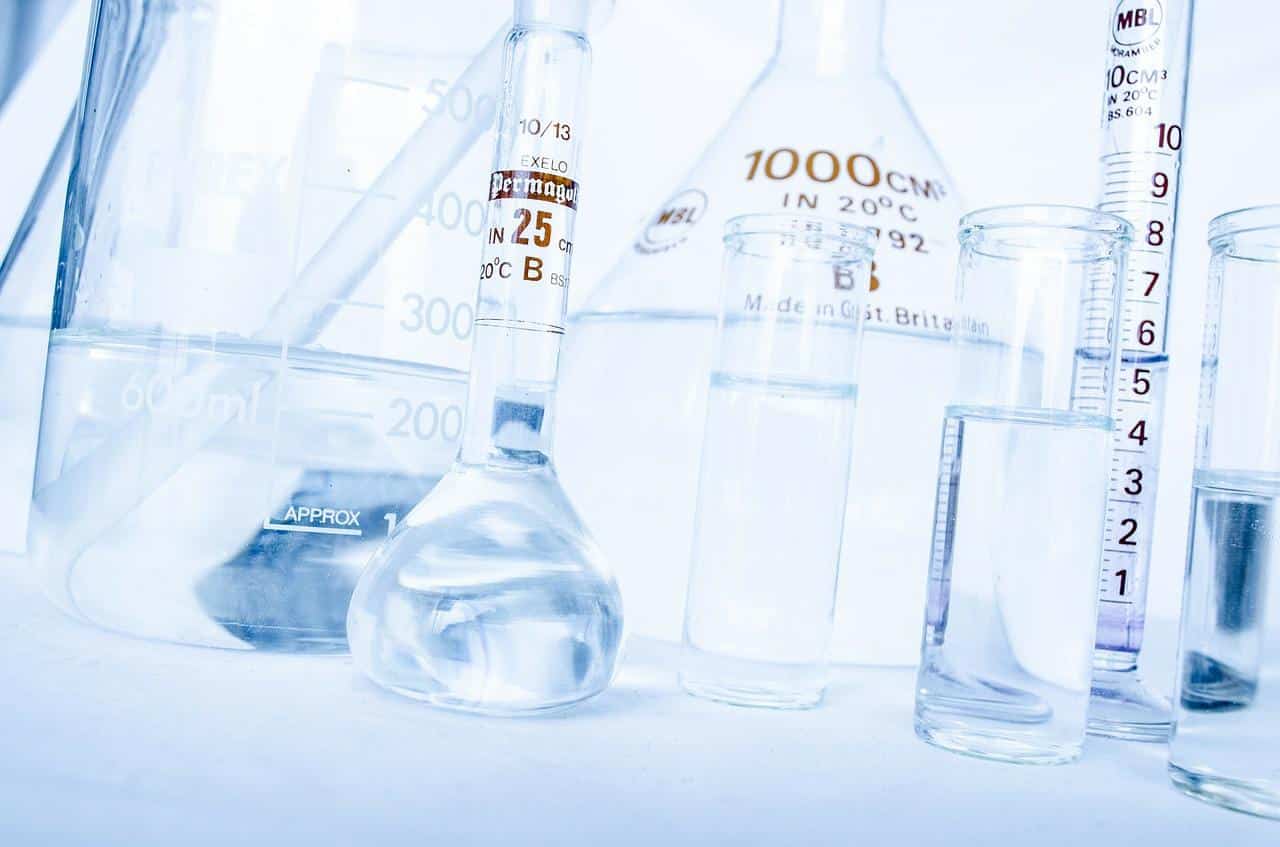There are numerous test variants to detect an infection with the Sars-CoV-2 coronavirus. None of them is a magic pill, they all have advantages and disadvantages.
But if they are used together in a coherent strategy, they can give us some advantages.
The following test methods are currently known:
PCR tests
The PCR tests provide direct pathogen detection and require laboratories to analyze the samples.
Advantages: The results are very accurate. PCR tests are the most accurate tests currently available. For this reason, PCR tests are considered the gold standard among the test variants and are the only method for detecting the virus whose results are officially recognized.
Disadvantages: PCR tests are expensive and time-consuming. A laboratory is always required and the results are usually only available after 1-2 days. This means that the results often no longer correspond to the patient's current condition.
A necessary throat swab is very unpleasant and should only be carried out by healthcare professionals.
The PCR test is unsuitable for mass application and cannot be performed by the patient on himself.
Application: PCR tests are carried out if a person is positive in a rapid antigen test. Anyone who has typical symptoms of coronavirus or has been in contact with a person who has contracted the virus should also be tested.
In addition, it is mandatory for travelers from risk areas to undergo a PCR test shortly before or after their return.
PCR rapid tests
PCR rapid tests use the same method as PCR tests, but are simplified and less accurate. They do not have to be carried out in stationary laboratories.
Advantages: The results are available within two and a half hours and are still relatively accurate. They can be carried out on site, eliminating the need for transportation to the laboratory.
Disadvantages: The PCR rapid tests are significantly more expensive than the normal PCR test and also less reliable. Compared to the antigen test, it takes a relatively long time to obtain a result. In addition, the PCR rapid test also requires expensive and bulky medical equipment. It can therefore not always be carried out everywhere.
Application: Due to the numerous disadvantages, the use of the PCR rapid test is limited to special situations. The tests can be used in outpatient clinics, care facilities or emergency rooms where there are trained personnel to take samples and where the necessary medical equipment can be set up.
Antibody tests
Antibody tests detect antibodies that the body produces after an infection with the coronavirus.
Advantages: After an antibody test, you know whether you have ever been infected with the coronavirus and whether you have immune protection.
Disadvantages: The antibody test does not provide any information as to whether the patient is still infectious. For this reason, the antibody test is unsuitable for detecting an acute infection.
The result of the test also does not show how long ago the infection occurred or whether the person's immune protection is sufficient to prevent a new infection.
Application: Antibody tests are mainly used as part of research projects. They are used to find out how many people in the population or in certain occupational groups have already survived an infection.
Antigen tests
Antigen tests detect the virus directly under certain conditions. It is not the genetic material but certain proteins of the virus that are detected.
Advantages: Rapid antigen tests can provide a result within 10 to 20 minutes. The test is also as simple as a pregnancy test: You apply the patient sample and it reacts. The simple procedure and rapid result make the test suitable for use everywhere. The test can now also be carried out with spit or sputum (sputum / "mucus"), making an unpleasant nasopharyngeal swab unnecessary. Read more about the advantages of spit tests here.
Disadvantages: The rapid antigen test is less accurate than the PCR test. In most cases, the probability that an infected person will be recognized as such (sensitivity) is between 90% and 96%. The probability that a healthy person is also recognized as such (specificity) is between 97% and 100%. Our test is one of the few that have a specificity of 100%.
You also have to reckon with an unpleasant nasopharyngeal swab.
Application: Antigen rapid tests are particularly suitable for visitors, patients and staff in care facilities, hospitals or surgeries. Infected persons can be detected before they enter one of these facilities.
The rapid antigen test is now also being used more and more by private individuals and companies to minimize the risks of face-to-face meetings. High-risk patients and their immediate environment in particular are increasingly turning to these tests to minimize the risk of infection and its consequences. We offer various rapid antigen tests, delivered quickly and safely.
Conclusion
All test variants have the same goal. They are intended to diagnose an infection in good time in order to help the patient, isolate them and prevent the coronavirus from spreading further.
However, if the tests are used together, the advantages of the different variants can be combined and diagnostic capacities can be significantly increased.
Corona tests at a glance including the advantages of our antigen rapid test from Doc Frank Easy Med (video)
You are currently viewing a placeholder content from Default. To access the actual content, click the button below. Please note that doing so will share data with third-party providers.
More Information
